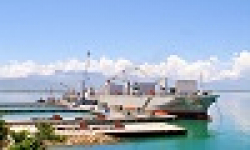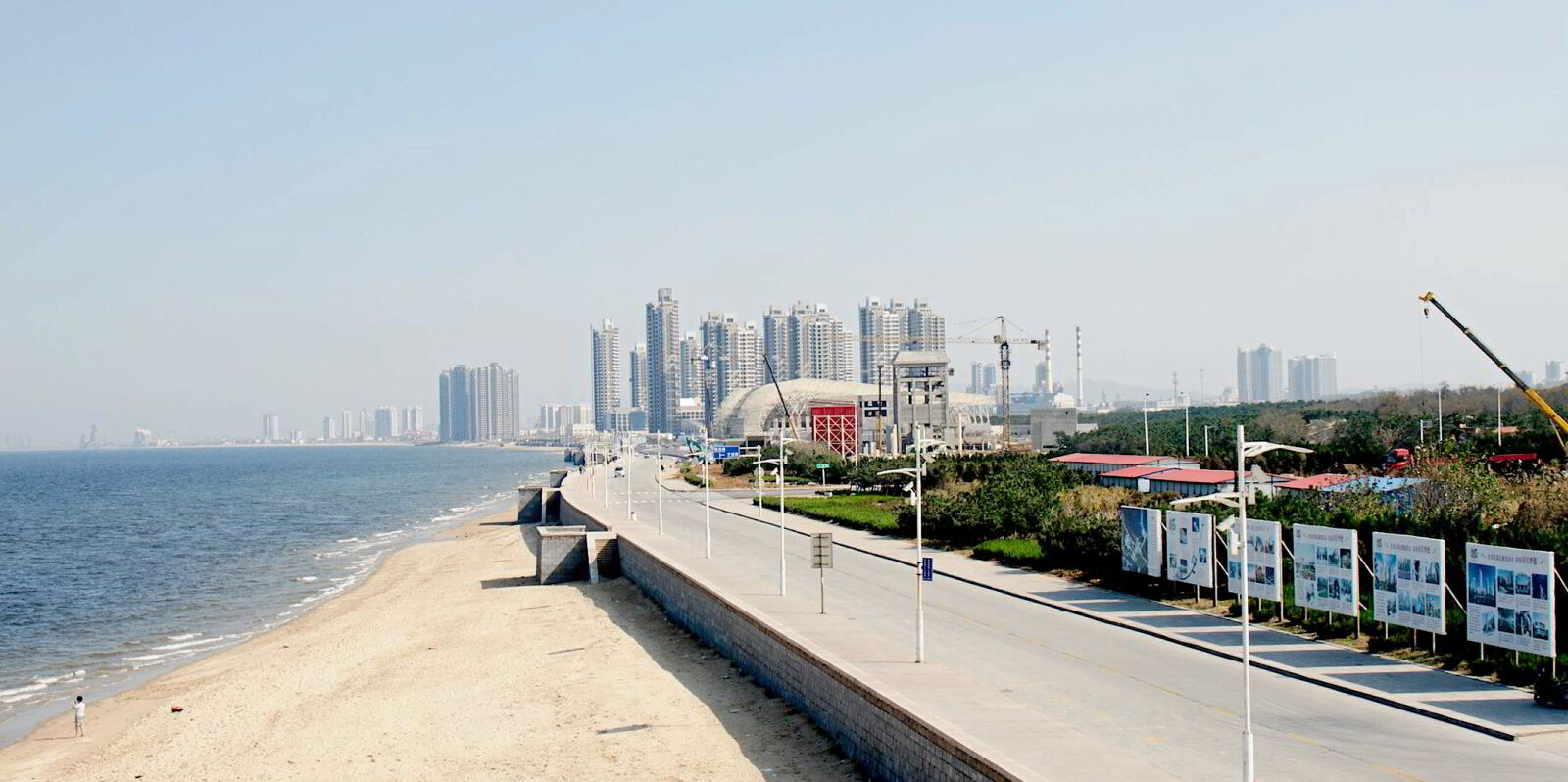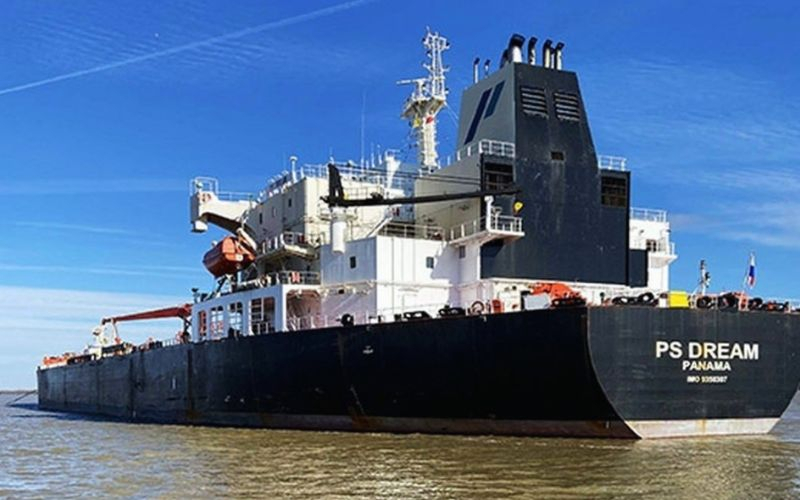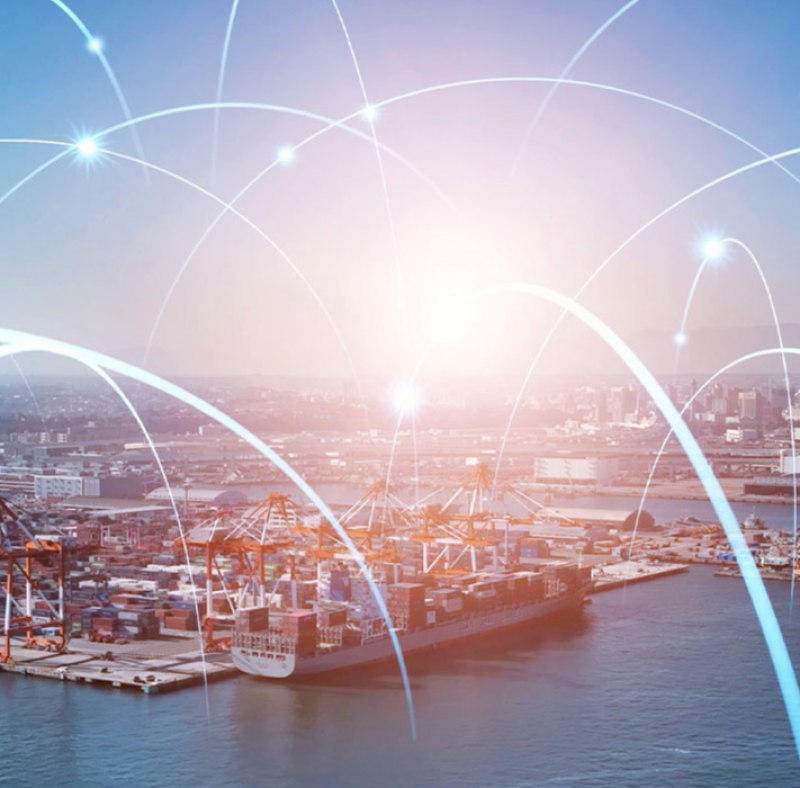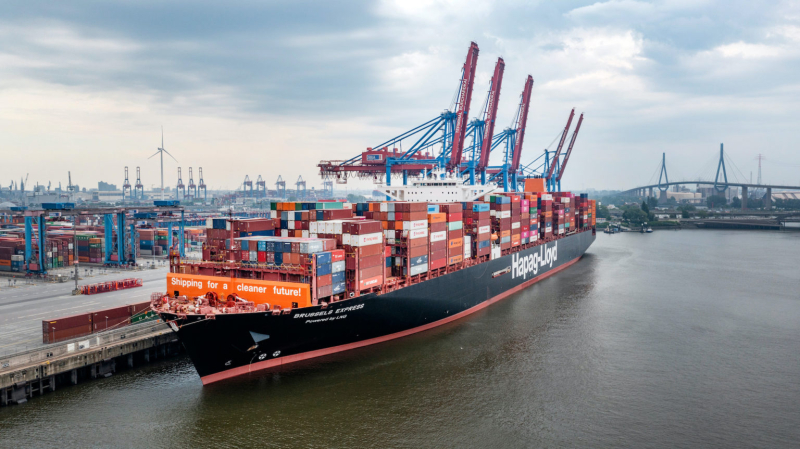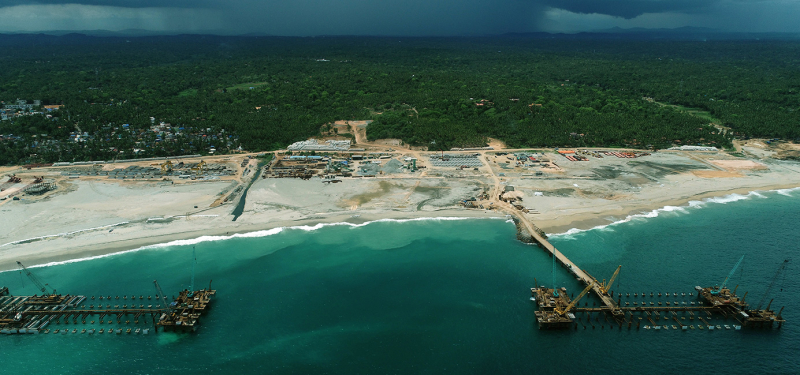Three tankers sanctioned by the US on Friday have been idled off Chinese ports with Russian oil cargoes.
After the Biden administration blacklisted 183 ships on Friday, questions have been raised about the legality of receiving crude already in transit.
Emergency meetings have reportedly been held by Chinese oil buyers.
The blacklisting came days after Shandong Port Group said it would not receive US-sanctioned ships at key ports such as Qingdao, Rizhao and Yantai.
The 116,000-dwt aframax Huihai Pacific (built 2007) had been due to arrive at Dongjiakou in Shandong province on 15 January, Bloomberg reported.
The ship had loaded about 770,000 barrels of ESPO crude from Russia’s Pacific port of Kozmino earlier this month, according to oil consultancy Kpler. But the aframax changed course over the weekend and is now sitting outside the port.
The 113,000-dwt Mermar (built 2002) left Kozmino on 5 January, with more than 755,000 barrels of ESPO oil.
The destination was Yantai, but this ship is now waiting off the coast, Kpler data shows.
The 106,000-dwt Olia (built 2003) also departed the Russian port earlier in January, with 709,000 barrels of ESPO oil.
It was also bound for Yantai, but is now idle in the Yellow Sea.
Operating in Russia’s energy sector
All three vessels’ owning companies have been sanctioned for operating in Russia’s energy sector. The US said the Huihai Pacific is owned by Hong Kong Hanyuan Shipping Co.
The Panama-flagged crude ship made a call in a Russian port where oil has consistently traded well above the $60 price cap, it added. Another Hong Kong company, Merluza Group, owns the Mermar, while Aristos Maritime of the Marshall Islands owns the Olia.
Both firms have been sanctioned for the same reasons and the same allegations have been levelled against their tankers. The Olia has also traded Iranian oil, the US alleged.
None of the companies could be contacted for comment



